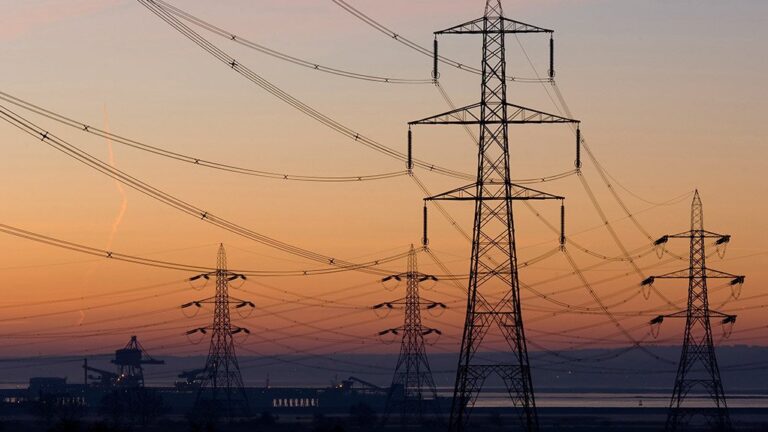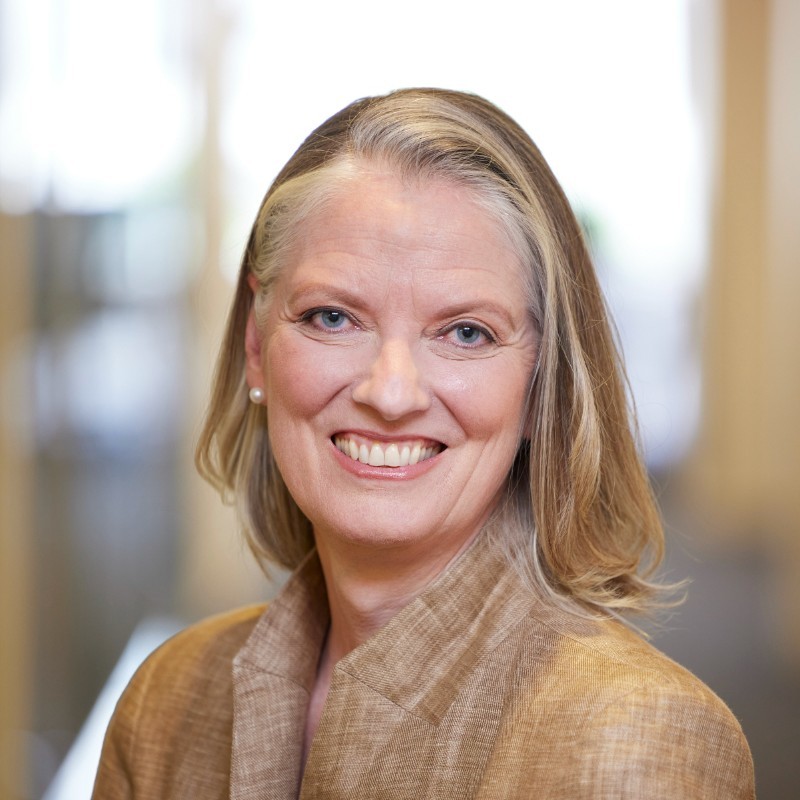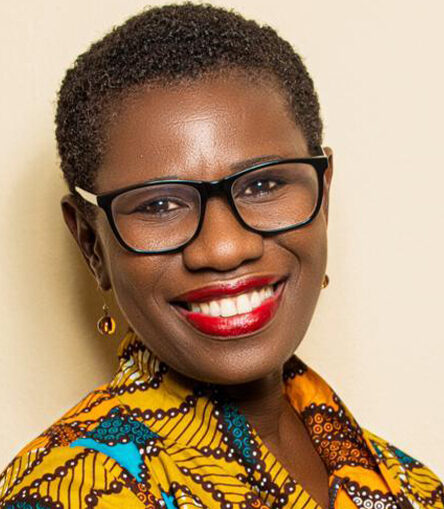The Future of Africa’s Sustainable Cities: Why Clean Cooking Matters

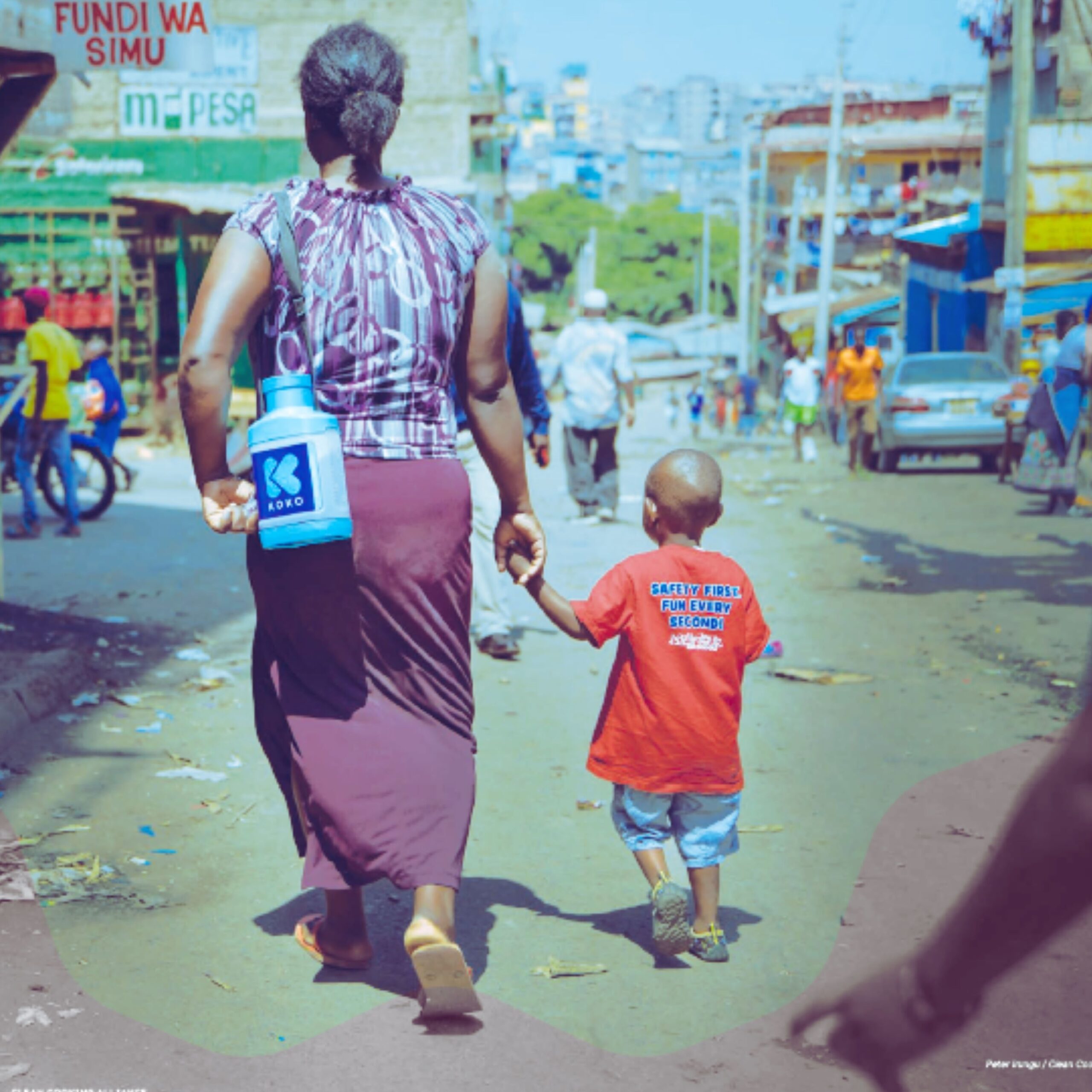

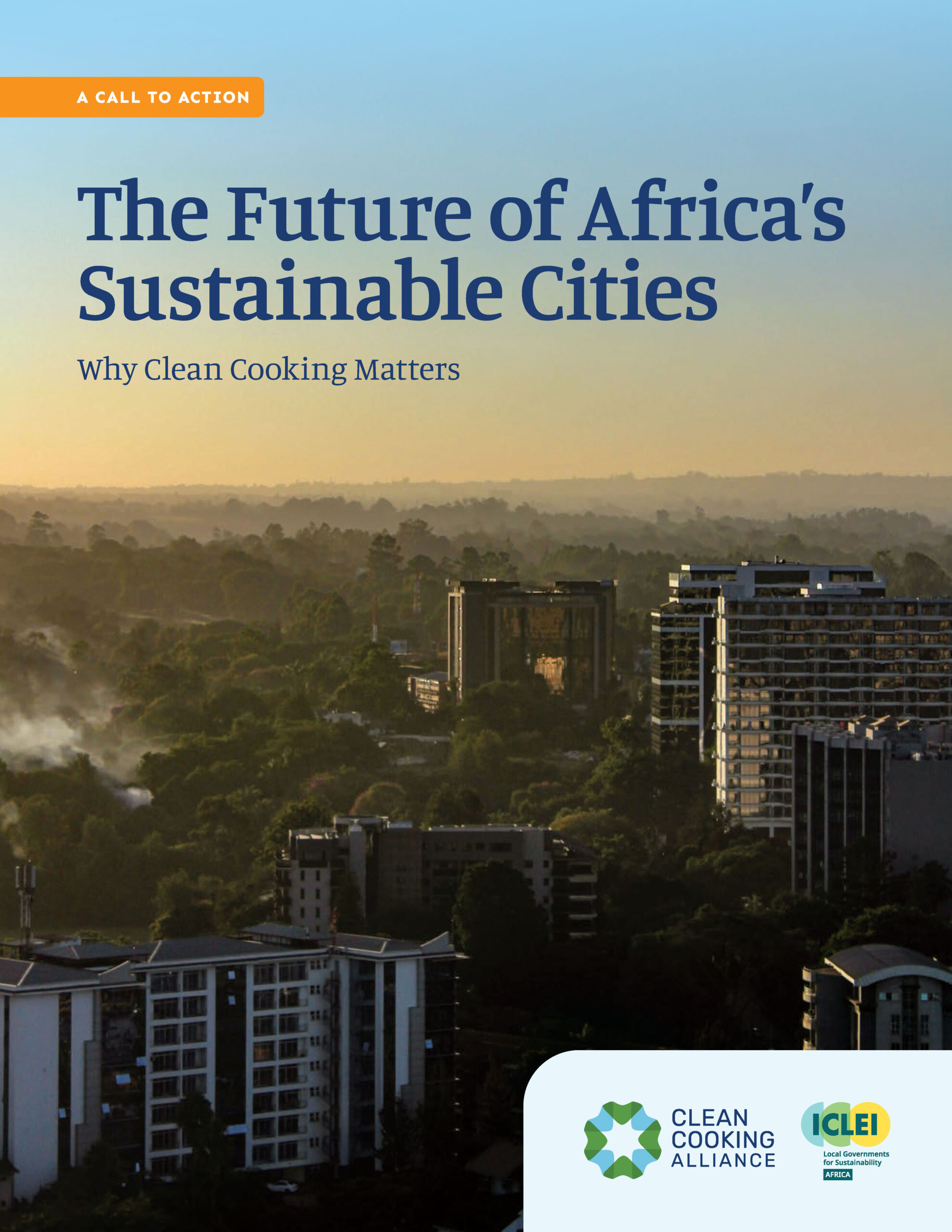
Download:
Related ICLEI Pathway(s)
About
Resource summary
African governments and city leaders are grappling with the complex challenges of climate change, pollution, nature loss, energy poverty, and inequality in rapidly growing cities across the continent. Prioritizing clean cooking can deliver a range of benefits across these critical focus areas and is essential for a just energy transition.
“The Future of Africa’s Sustainable Cities: Why Clean Cooking Matters” highlights the critical role that clean cooking must play in ensuring sustainable and equitable urban growth, with a particular focus on the fast-growing cities of sub-Saharan Africa.
By 2050, nearly 7 out of 10 people will be living in a city. The vast majority of urbanisation is occurring in the Global South, with Africa hosting 17 of the 20 fastest growing cities in the world. Many of these cities are grappling with the challenges of alleviating energy poverty and inequality amid rapidly growing populations, and most of their citizens continue to rely on firewood and other biomass fuels for their cooking needs. These practices harm the surrounding natural environments and have major impacts on public health, gender equality and economic potential. Without significant action, nearly 2 billion people could find themselves without access to clean cooking solutions by 2030.
This report serves as a call to action for stakeholders to recognise that access to clean cooking in Africa’s cities is critical to meeting national, regional, and global climate targets and development goals.
Related resources
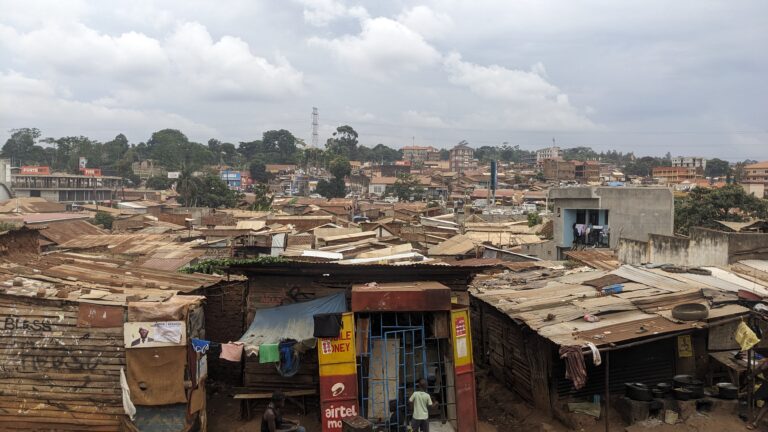
Understanding household access to cooking energy in informal Kampala
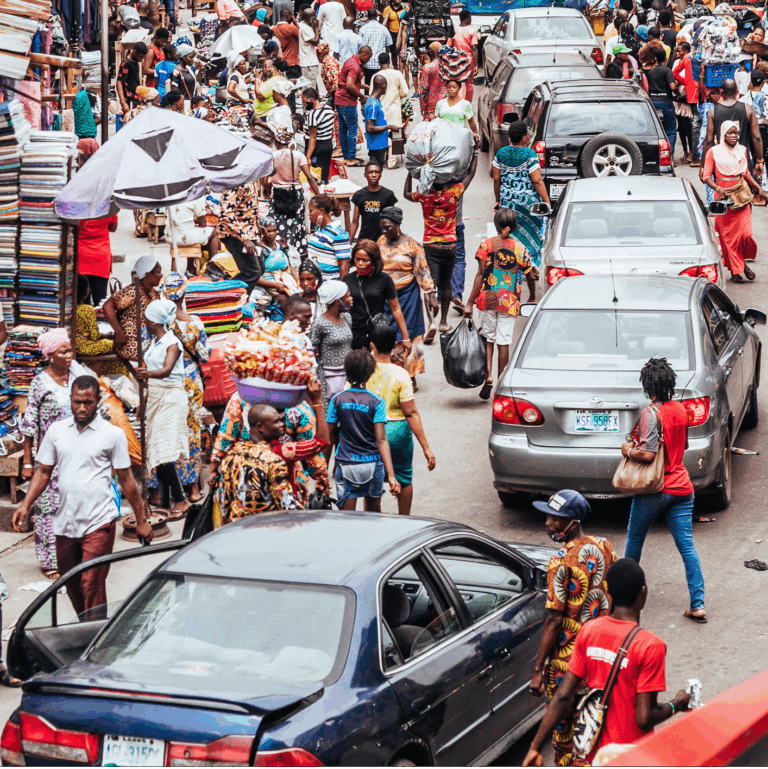
RISE Africa report 2025
